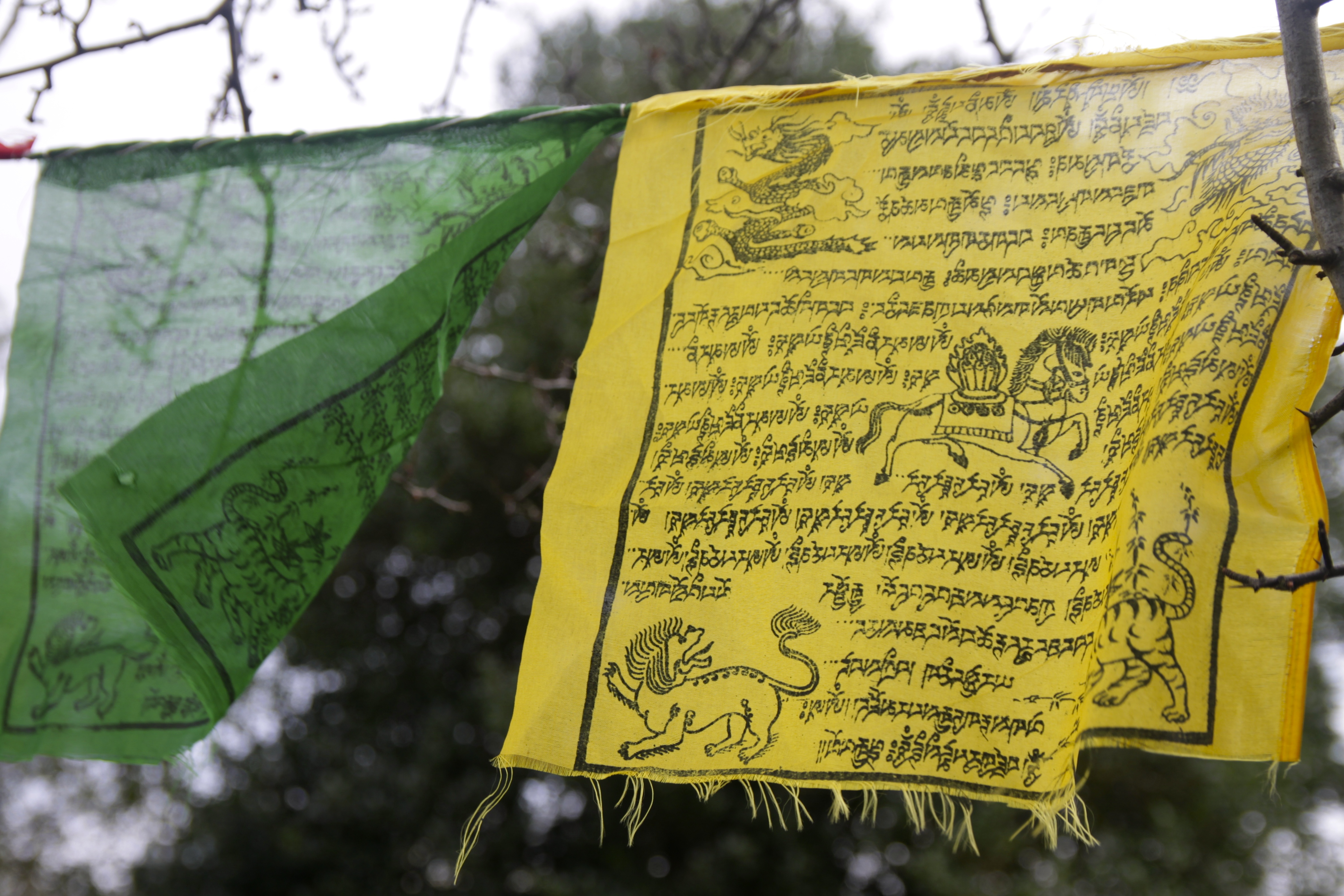Limitless Mind – with Ken Holmes
- samyedzong
- Apr, 22, 2016
- No Comments
Date/Time
Date(s) - 22/04/2016 - 25/04/2016
12:00 am
Location
Kagyu Samye Dzong Dublin
Categories
A weekend exploring the theory and practice of the Four Limitless Contemplations.
These four (love, compassion, appreciation and impartiality) are found in all schools of Buddhism. Valuable each in their own right, they serve together to form an indispensable foundation for the bodhisattva path. Open to everyone, these talks should be of benefit to beginners and experienced meditators alike. Included is a Buddhist perspective on “compassion for oneself”.
Friday 22nd April 7.30pm – 9pm Saturday 23rd April 11am – 4pm Sunday 24th April 11am – 4pm
Suggested donation €12 for evening talk & €35 per day for weekend (includes simple vegetarian lunch)
Donations help cover the travel costs and expenses of bringing teachers such as Ken to Dublin.
To book for this weekend, email info@buddhism.ie or call 01 4537427
His travels led him through the Middle East and Afghanistan to India, where he spent 6 months in Dharamsala, studying with the monks and lamas around HH the Dalai Lama. He also trained, in Bodh Gaya, in Vipassana meditation under the great Goenka-ji. From India he went to Kagyu Samye Ling in Scotland, the first Tibetan Buddhist centre established in the West. Kagyu Samye Ling has been his base since 1971,during which time his life has been devoted to making Tibetan Buddhist meditation and philosophy available to the Western world. With his wife Katia, he has co-translated some of the main Kagyu teaching texts into English, as well as much of the liturgy used in daily practice. Their works include the principal Kagyu textbook – Gampopa’s Tarjen, published as Gems of Dharma, Jewels of Freedom and Asanga’s Mahayana Uttara Tantra Shastra, published as Maitreya on Buddha Nature and in-house translations of the Gyalwa Karmapa’s Profound Inner Principles and Mipham’s Kenjuk.
In 1977, after five years principally dedicated to the practice of meditation under the guidance of Choje Akong Tulku Rinpoche, Ken spent six months travelling with His Holiness the Sixteenth Karmapa as his assistant for the European tour. It was during this time that His Holiness encouraged him and Katia to study Kagyu texts intensively and to prepare accurate English translations based upon the traditional lineage explanations. During those six months and in the six months which followed, their studies were closely guided by Khenpo Tsultrim Gyamtso Rinpoche. Following that, they studied under, and interpreted for, Kalu Rinpoche, Khenchen Thrangu Rinpoche, the Tai Situpa, the Goshir Gyaltsabpa, Khenpo Tsultrim Gyamtso Rinpoche and the other masters who spent long moments in those early years at Samye Ling. In the 1990s, Ken studied the principal theories of traditional Tibetan medicine and astrology, under the guidance of the late Khenpo Troru Tsenam Rinpoche, former abbot of Katok and Troru monasteries and holder of two university chairs. The latter gave Ken the dharmacarya (DharmaTeacher) title in 2002.
Ken is currently Director of Studies at Kagyu Samye Ling. His life is spent teaching in Samye Dzongs in various countries, writing and translating dharma works and he also occasionally interprets for visiting Tibetan lamas. He has also lectured in elementology and astro-science for the Tara-Rokpa College of Tibetan Medicine. He was a founder member of the Scottish InterFaith Council and has worked with the British Cabinet Office and the European Community on training programmes. He represented Buddhism at the seminal 2002 meetings in Brussels to discuss religious representation in the new European constitution.
